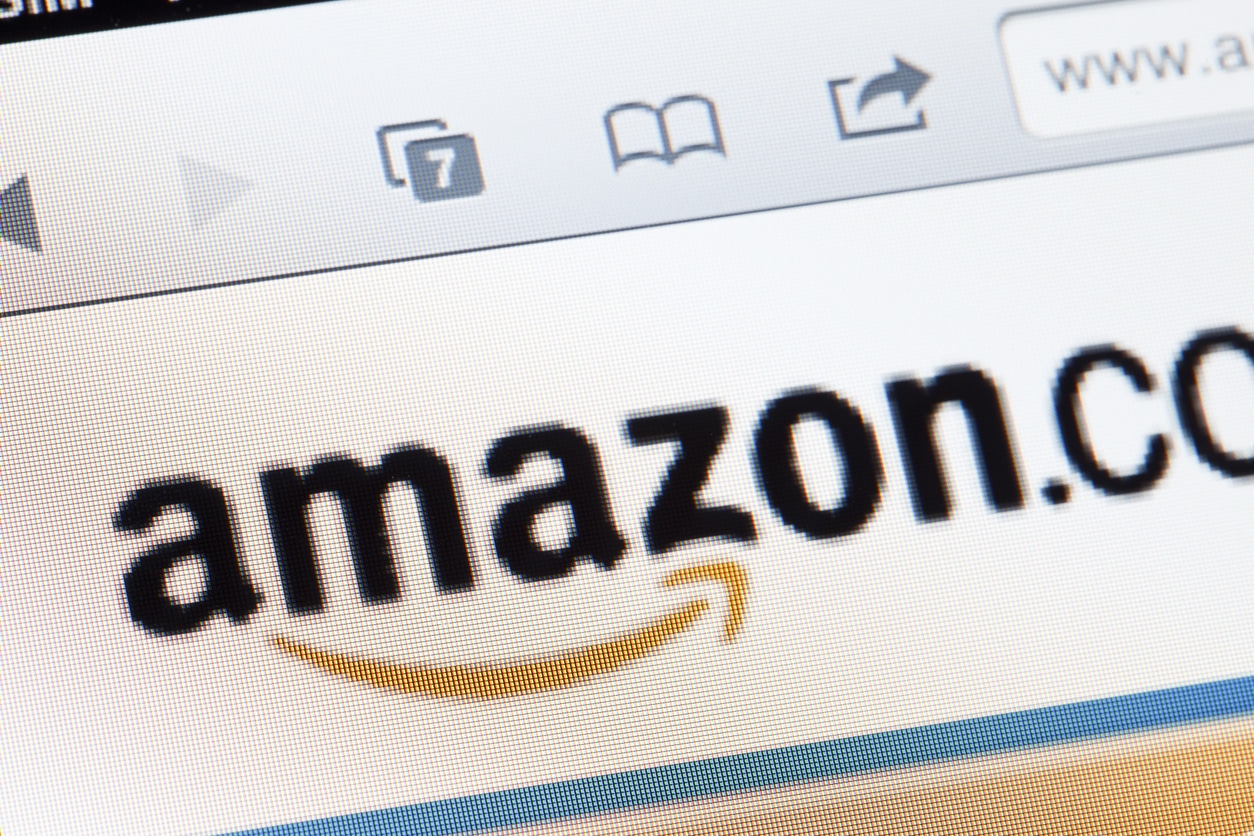Amazon Pushes Into Other Industries as Ecommerce Sales Crawl

Ecommerce giant Amazon is looking to acquire several companies across various industries, including some of the biggest acquisitions in company history.
Amazon Is Going Shopping
Amazon’s core e-commerce business has not done great in the past several quarters following its blistering growth during the pandemic.
Nevertheless, the e-commerce and tech giant now helmed by former AWS head honcho Andy Jassy is planning a foray into various other industries—perhaps to make up for its recent losses or to diversify away from e-commerce as the online market cools.
One Medical Network
Amazon is set to acquire One Medical in a $3.9 billion deal pending regulatory approval.
One Medical is a network of primary-care clinics and physicians offering in-person and virtual health services based on membership subscriptions. Experts believe the deal could give Amazon a strong foothold in the healthcare sector, with its membership-based model potentially being tied into Amazon’s own Prime membership-based business.
The purchase could have Amazon offering medical services to a pool of employers and individuals soon, though the company's keen interest in health care is quite surprising, as Amazon itself has been subject of probes and lawsuits involving potentially unsafe working conditions and COVID-related health issues in its warehouses. Other concerns raised following the announcement include data privacy, another dimension for which Amazon faces heavy scrutiny, and health care costs.
Once completed, this deal will be the third-largest acquisition for Amazon in its nearly thirty-year history. One Medical will expand Amazon’s growing portfolio in the healthcare industry, which currently includes an online pharmacy and its very own Amazon Care virtual service.
iRobot
A somewhat surprising Amazon acquisition announced this past week is its purchase of iRobot, which makes Roomba vacuums, for $1.7 billion.
Analysts call this deal the most dangerous acquisition in Amazon history, claiming that Amazon is essentially a surveillance company, and that the robot vacuums’ capabilities, which include an internal mapping technology, could expose user data to Amazon, a company that constantly faces regulatory pressure over its use of e-commerce marketplace data to the detriment of third-party sellers. Concerned groups also raised that Amazon will effectively acquire iRobot’s established market, cutting off competition in a market that was not competitive to begin with.
Following the announcement, iRobot has initiated a “restructuring of operations” and laid off 10% of its workforce, which equates to roughly 140 workers.
What This Means for Ecommerce Sellers
Healthcare and robotics aren’t the only areas of interest for Amazon. According to a report by Insider, experts view these recent acquisitions as underscoring Amazon’s appetite for companies in the entertainment, AI, fashion, gaming, real estate, and fintech industries.
This “shift in thinking” for the online retail giant could mean more Amazon resources getting funneled away from its main e-commerce business and into new sectors, ergo, it could look to relax its e-commerce operation or raise FBA fees and advertising fees to make up for the slowing demand and hurt third-party marketplace sellers, who are responsible for more than 60% of its total revenue from online retail.
According to its Q2 2022 earnings report, Amazon’s e-commerce revenue is down 4% year-over-year, despite claiming that supply chain disruptions and high inflation did not affect online consumer behavior. Interestingly, its advertising revenue is up 18%, and advertising is now Amazon’s fourth largest revenue stream next to AWS, third-party seller services (FBA fees, etc.), and subscription services.
While e-commerce will not go away anytime soon, Amazon’s recent spending spree is concerning for many third-party sellers, whose constant grievances over Amazon's monopolistic behavior often fall on deaf ears. While more direct effects remain to be seen, these sudden and surprising acquisitions in certain industries could divert Amazon’s attention away from pressing marketplace issues it is yet to resolve, such as fake reviews, customer scams, and counterfeiting.





